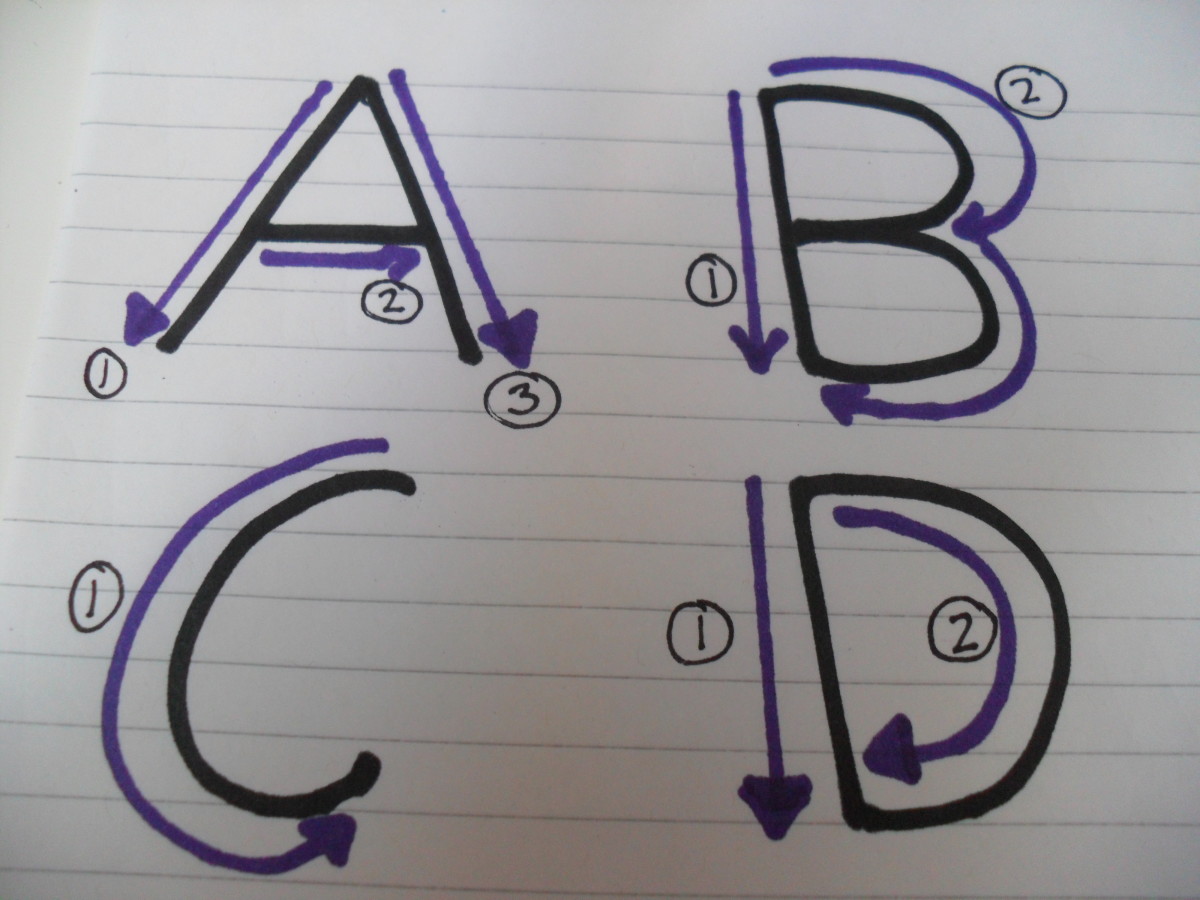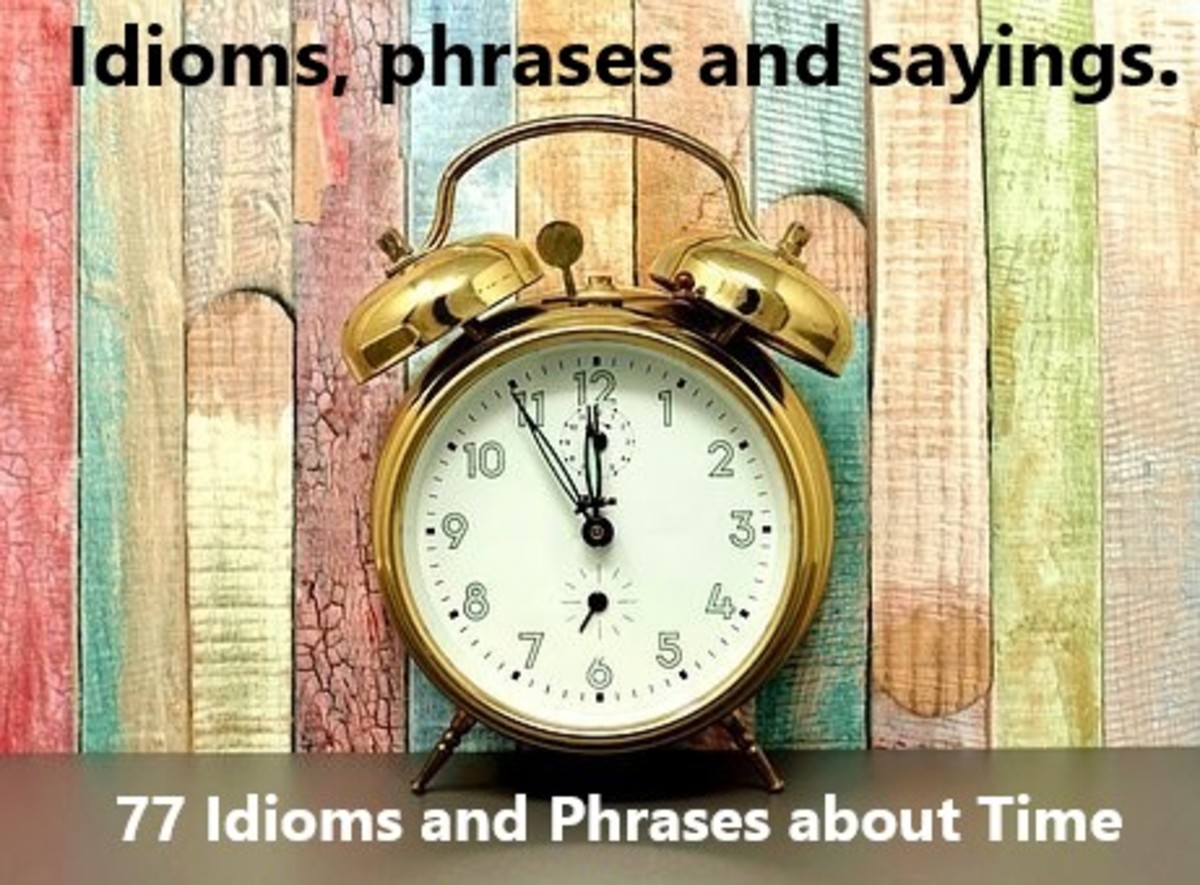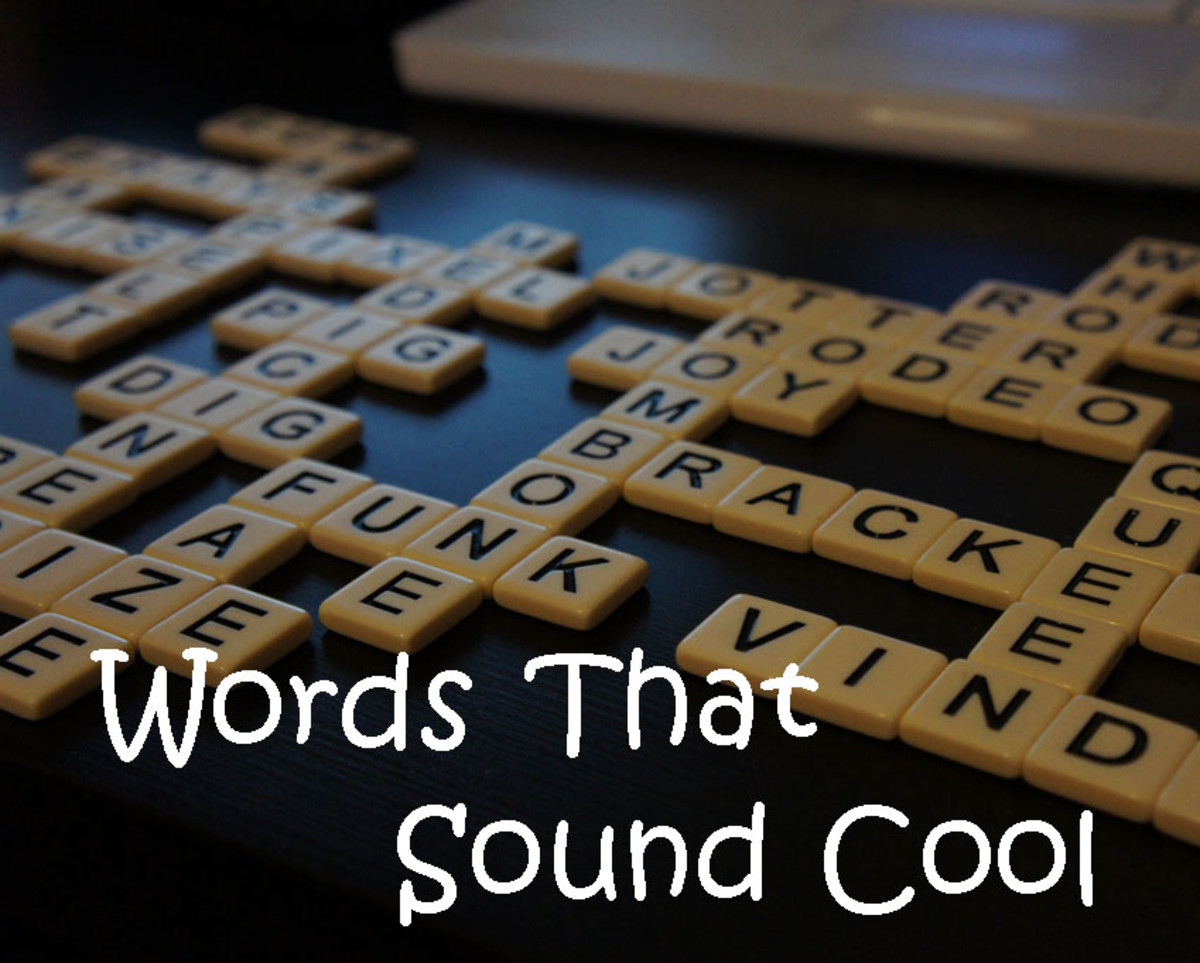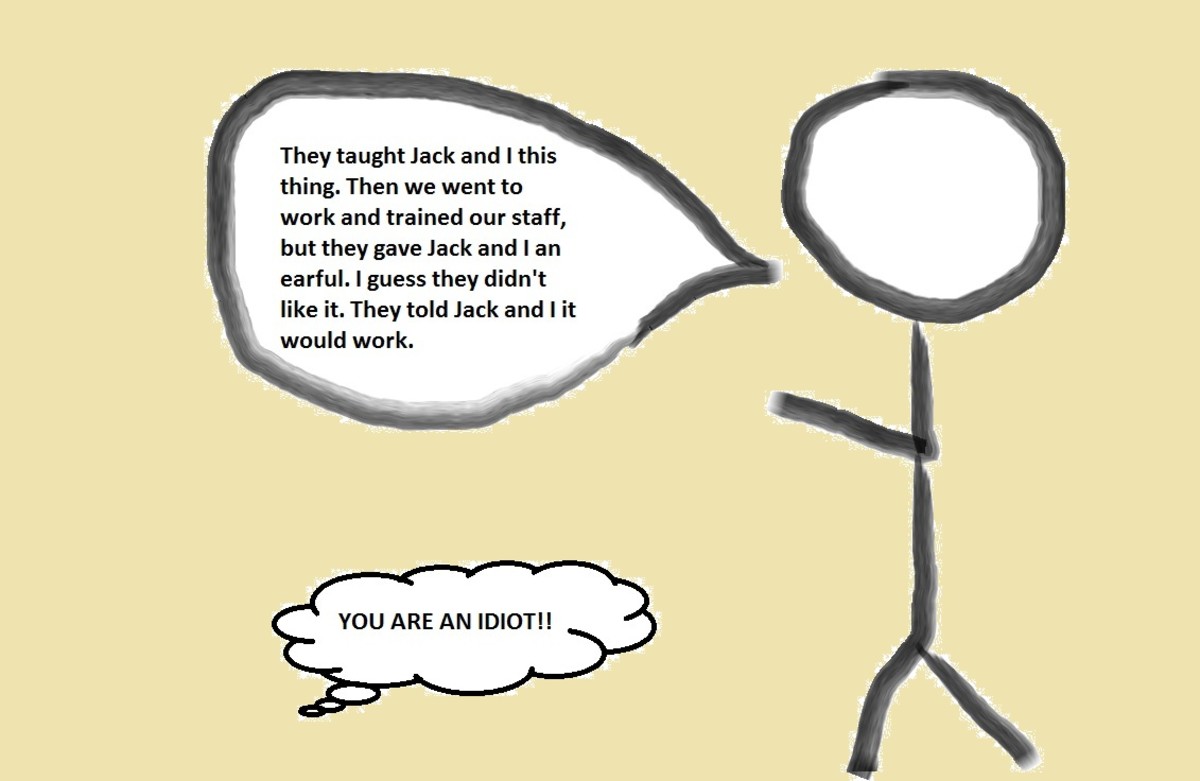American English is Real English
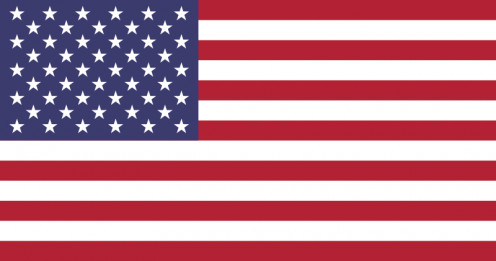
The Modern English Language
It is a regular feature of modern English that the language as spoken by Americans, is often more closely tied to its origins than the English spoken in Britain. This comment will undoubtedly be met with a cry of outrage from fans of football - or is that "soccer" - in England! Pints of lager will be slammed down on bar counters and red-faced fury will erupt.
Approximately 200 000 English words are in common use, compared to 184 000 in German and a meager 100 000 in French. This does not mean that English is necessarily a richer language but it shares its origins and thereby numerous words with German, French and many others. A remarkable landmark was passed on 10 June 2009, when the language officially passed the 1 000 000 word milestone - one million words! Back in the 1300's, an English speaker might very well have now said "shite"! And the modern derivative of that word I won't have to explain to you!
When pilgrims boarded ships and set sail in 1620, they took with them their language and the result of this can still be heard in modern language where the words path and bath would have been pronounced in Britain then, as they are in America now. I was personally lambasted by a teacher during English class at age fourteen for using the term "gotten" - I was sarcastically informed that the word is an Americanism and is therefor, not English. Even the modern English regard the word "gotten" as quaint, whereas it was in common usage in England before falling out of favour.
Other such words that have fallen out of use in England, while remaining common in their "lesser" sibling, American English, include fall for autumn, mad for angry, mean for unpleasant and the rather sensible, maybe for possibly. The latter also formed part of the general bollocking I received from my English teacher, a man I remember with great fondness... but who doubtlessly still looks down with a frown from that great teachers' lounge in the sky.
The paragon of British language news reporting, The Times, instructed in its stylebook that the term normalcy should be left to the Americans. "The English is normality", it observed with the haughtiness of long tradition. Rather uncomfortably, it turns out that normalcy was coined by the British.
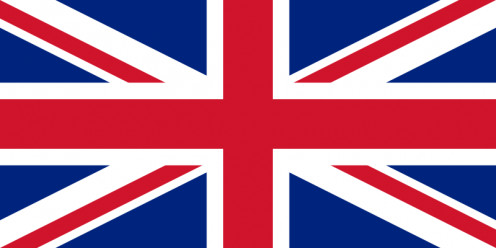
Is American English a Language?
It should be admitted, by even the most traditional of English purists, that numerous words and expressions in common usage have traveled from American English to its superior sibling, rather than the other way round.
The most versatile, bastard word - its lineage is uncertain, to say the least - which has found its way across the world from west to east is "OK". Essentially, if you are able to read this hub, even if in your second or third language, you will know the term OK (okay). It is ubiquitous in a way that few other words are - like a linguistic fart in an elevator, it has happily taken over the entire space that constitutes English.
In a related aside, fart as a word has considerable antiquity and is one of the venerable old folks of our beautiful language and would have been understood by an Anglo-Saxon peasant in the 10th century. Their language was, however, impoverished by the absence of OK.
English was enriched by numerous American words adopted, and indeed adapted, from other languages prominent in the land of the pilgrims. From Dutch came landscape; from Indian came raccoon and squash; from the Spanish, who had in turn taken on Indian words, came buffalo, canyon and mustang; from the French came the beautiful and descriptive prairie. Isn't the English language beautiful? The growth of American English was partially a consequence of massive migration, with more than 30 million people flooding onto the continent in the latter half of the 20th century. New York had more native speakers of German than anywhere except Vienna or Berlin; more Irish than anywhere except Dublin; but despite all of these foreign language speakers and with the exception of enclaves such as the Amish community, Americans found common ground in their version of English.
I can now hear Jack Daniels shots smashing down on bar counters and a rousing rendition of Star-spangled Banner bursting forth in defence of the language spoken by Americans being referenced as a "version".
Britain versus America
Britain
| America
|
|---|---|
fidgety
| antsy
|
muslin
| cheesecloth
|
glow-worm
| lightening bug
|
overpass
| flyover
|
realtor
| estate agent
|
see-saw
| teeter-totter
|
boot
| trunk (of car)
|
yard
| garden
|
Americans all Speak the Same English
Dr David Ramsay, in his History of the American Revolution, noted that Americans were effectively compelled to find similarity despite their hugely varying origins, which manifested itself in remarkable consistency in their speech. Their pronunciation would have been remarkably similar to many regions of the Britain that they had left behind.
This was due to the continuous movement of people, on a far greater scale of travel than generally found elsewhere at the time; homogeneity created by the forced blending of varying familial backgrounds, much like various colours blending on an artist's palette; and a shared desire for national identity. Americans have a manner of universally identifying with America, whereas Europeans do not associate with Europe, but rather more strongly with their country of origin. Americans have long evolved beyond this polarisation and the same was reflected in their language.
Bill Bryson asserts in his wonderful book Mother Tongue that according to some estimates, two-thirds of Americans, residing on some 80% of the land, speak with effectively the same eccent. Quite astonishing!
But let's not stop here my grumpy British and American readers - fill up those pints of lager, order another round of Jack Daniel's and we will now discuss "u". Not you, but rather the u that has mysteriously gone missing from American spelling.
Where on earth is the u in favour, colour and most importantly, in humour? Hmmm.

